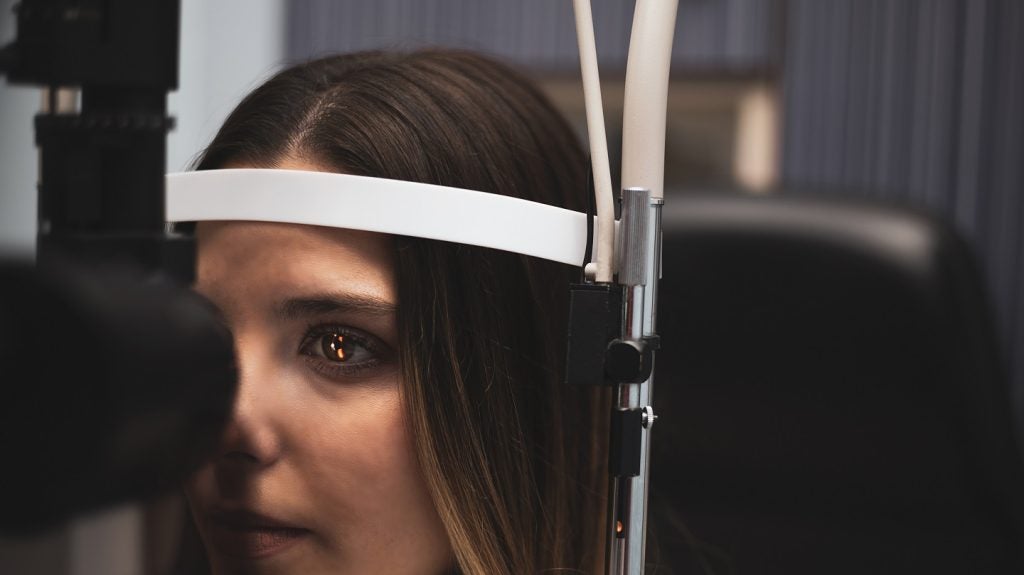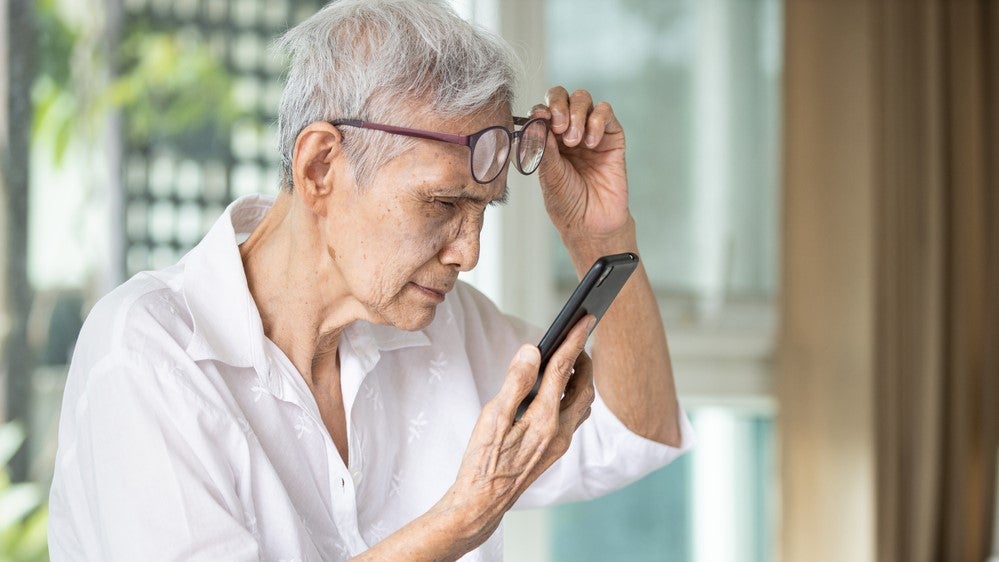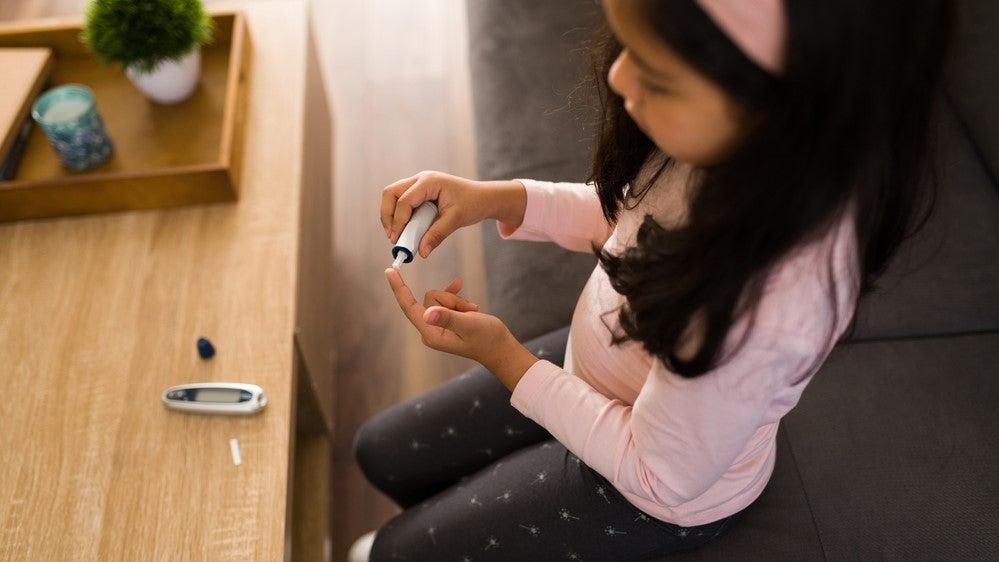A group of US ophthalmologists have conducted an independent evaluation of potential signals of the effect of Annexin Pharmaceuticals’ investigational new drug ANXV in a Phase II study, as a treatment for retinal vein occlusion (RVO).
Based on the available information from patients treated so far in the placebo-controlled study, the group carried out the evaluation.
Out of the total five patients treated, two patients who received a single dose of standard of care anti-VEGF treatment showed a long duration of effect.
These two patients already reported having some positive effects on visual acuity and the retina during the four weeks, before the standard of care therapy was administered.
For further clarification whether the treated patients received placebo or ANXV, the expert group recommended to unmask the treatment.
The unmasking showed that the two patients who received ANXV had potential signals of effect.
Other patients did not show clear signals of effect in the study, under which two had received ANXV and one had received a placebo.
Since ANXV treatment has not raised safety concerns, the experts recommended that the study should continue further with a longer follow-up time and without a placebo group.
Annexin Pharmaceuticals chief scientific and medical officer Dr Anna Frostegard said: “The observations are interesting and indicate that ANXV may have a positive effect on the course of the disease in RVO, which is in line with our hypothesis.
“It is not possible to draw any firm conclusions from two patients, but it is unusual for such patients to respond to just a single anti-VEGF injection in the first six months after diagnosis.
“We intend to recruit and treat two more patients at the current dose and up to ten patients at a higher dose to gather more safety and tolerability data and to possibly confirm signals of effect.”
The company also plans to initiate an open-label study whereby patients will receive ANXV followed by anti-VEGF (as needed), after the protocol update.
It intends to enrol nearly 16 patients treated with ANXV, including the four already treated patients.
These patients will be further followed up to four months for assessing the tolerability, safety, and any signals of effect that may be related to the drug candidate.















